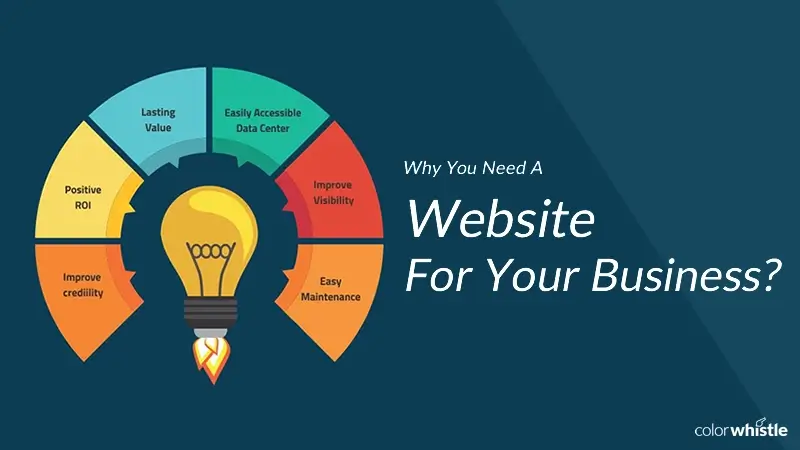Secure Sockets Layer (SSL) is essential for your website for several important reasons:
Data encryption: SSL encrypts data sent between a user’s web browser and her website’s server. This encryption keeps sensitive information such as login credentials, personal information, and financial transactions safe and unable to be intercepted by malicious actors.
User trust and confidence: If your website has SSL, you will see a padlock icon in the address bar and the URL will start with “https”. These visual indicators reassure users that their connection to the website is secure. This creates trust among your visitors, especially when asked to provide personal information.
Certification: SSL certificates are also used to authenticate a website’s identity. This means users can be confident that they are interacting with a legitimate website and not a malicious scammer. This is especially important for e-commerce websites and other platforms that handle sensitive user data.
Search engine ranking: Search engines such as Google consider SSL as a ranking factor. Websites with SSL certificates may have a slight boost in search rankings compared to non-secure websites. This can have a positive impact on your website’s visibility in search engine results.
Compliance with data protection regulations: Many data protection regulations, such as the General Data Protection Regulation (GDPR), require protection of user data. Implementing SSL is an essential step in meeting these compliance standards. Failure to comply with these regulations may have legal consequences and damage your website’s reputation.
Preventing man-in-the-middle attacks: SSL helps prevent man-in-the-middle attacks, where an attacker intercepts communications between a user and her website. With encryption, the data cannot be read, even if it is intercepted without the encryption key.
Payment Card Industry (PCI) Compliance: It is important for websites that process online transactions and credit card information to be compliant with the Payment Card Industry Data Security Standard (PCI DSS). SSL is a basic requirement for PCI compliance.
Improved SEO performance: Search engines like secure websites, and SSL can positively impact your website’s SEO performance. This is part of Google’s efforts to create a safer internet environment.
In summary, SSL is a fundamental component for securing online communications, protecting user data, and building trust between websites and their visitors. It is standard practice for websites, especially those that handle sensitive information, to implement SSL for a secure and reliable online experience.





